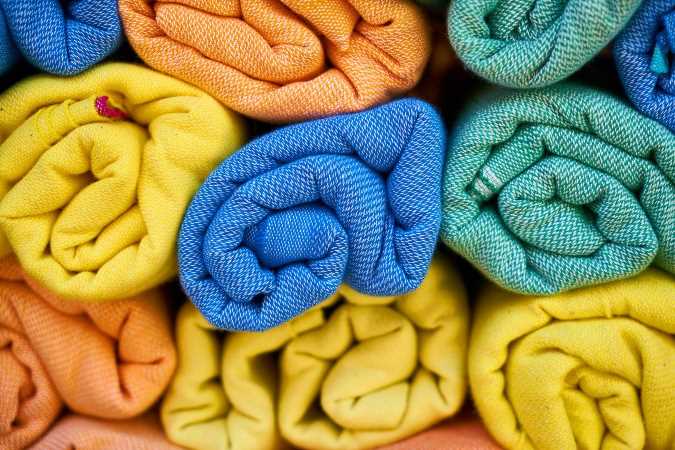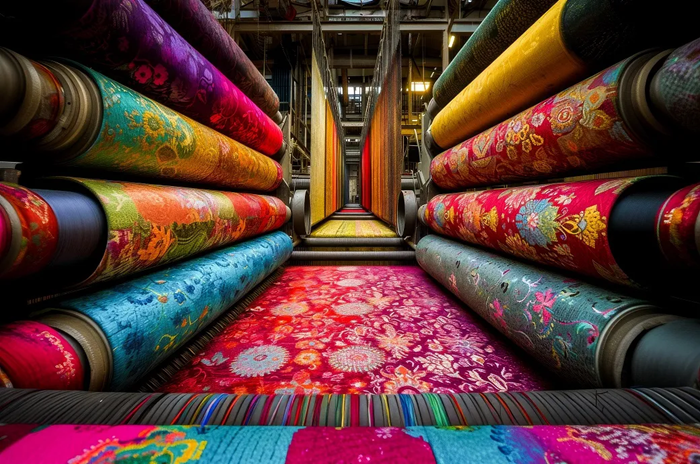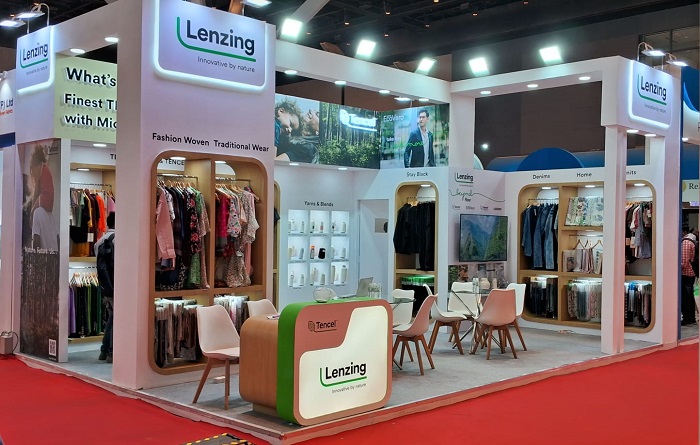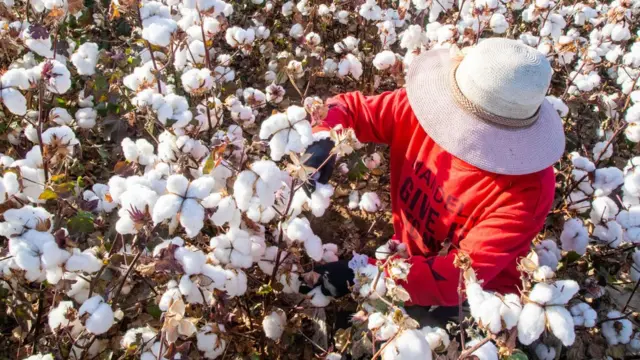Lenzing Group recently upgraded its Refibra technology with 30 per cent more usage of recycled raw material to further drive circular economy in the textile segment. This new offering adds it up in the family of Tencel™ Lyocell fibres with low fibrillation properties.
The new fibers are 100 per cent biobased and manufactured using eco-responsible closed loop production process. They are made using a new technique that shows low fibrillation and moisture management properties with improved breathability, smoothness and strength. The fiber has its applications in denim, athleisurewear, apparel and home textile and with this it has expanded its offering as a sustainable alternative for knitwear, lingerie and towels.
The low fibrillation property of the fibers maintains the smoothness of the fabric even after multiple washes. Also, similar to the other Tencel™ Lyocell fibers the Refibra technology is capable of saving tonne of cotton scraps from being dumped into the landfill, by blending 30 per cent of pulp made from recycled cotton scraps collected from the garment manufacturing units. These sustainable fibers leave least impact on the environment, reusing water and solvent at a recovery rate of more than 99.5 per cent.
Moreover, an additional feature includes a special identification technology that increases the transparency confirming the fibre origin. Tencel™ Lyocell fibres with REFIBRA™ technology are identifiable in yarn, fabrics and final garment stage, which not only improves the supply chain transparency, but also gives brands an upper hand in confirming the sustainability of their fibres to the customers thereby increasing the brand trust.












